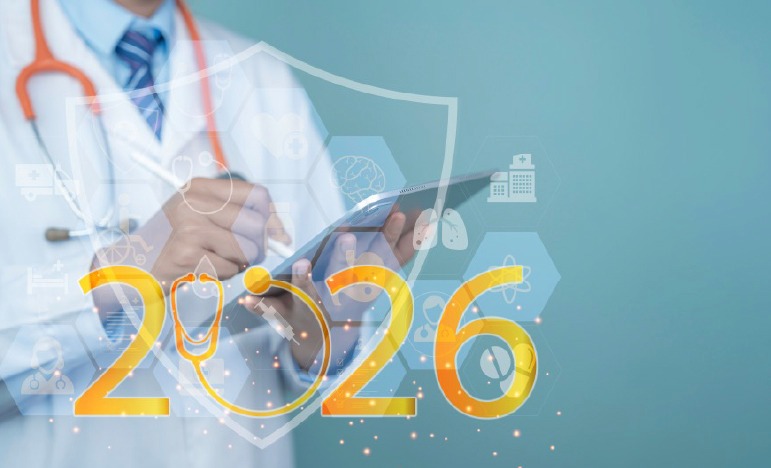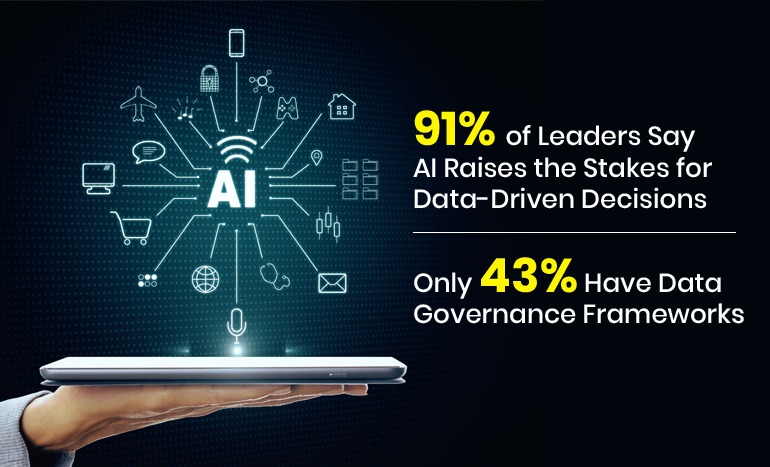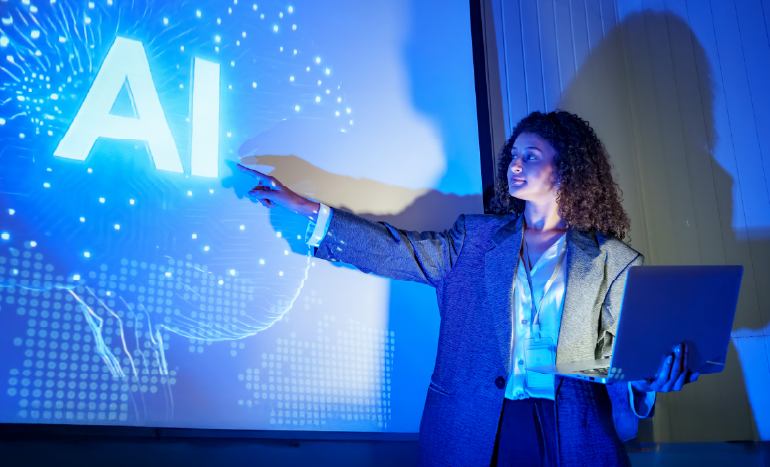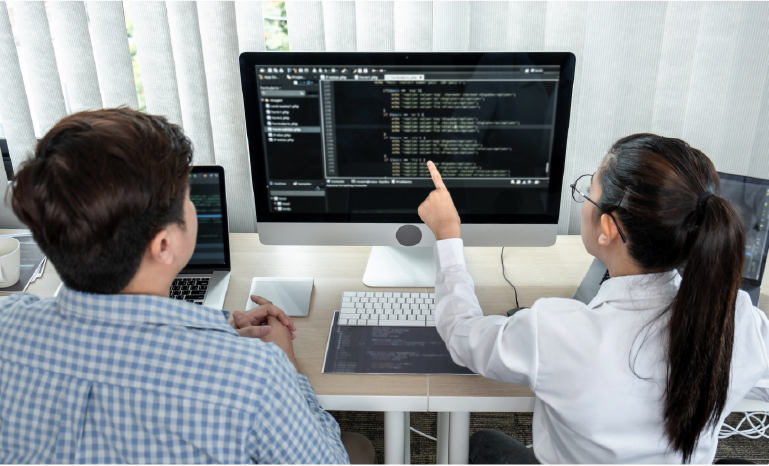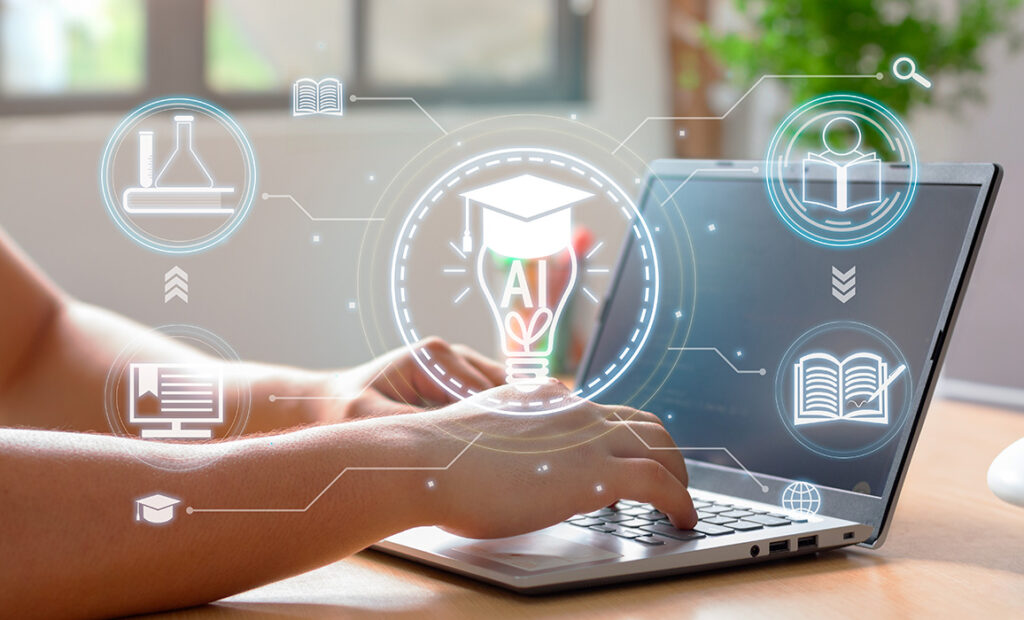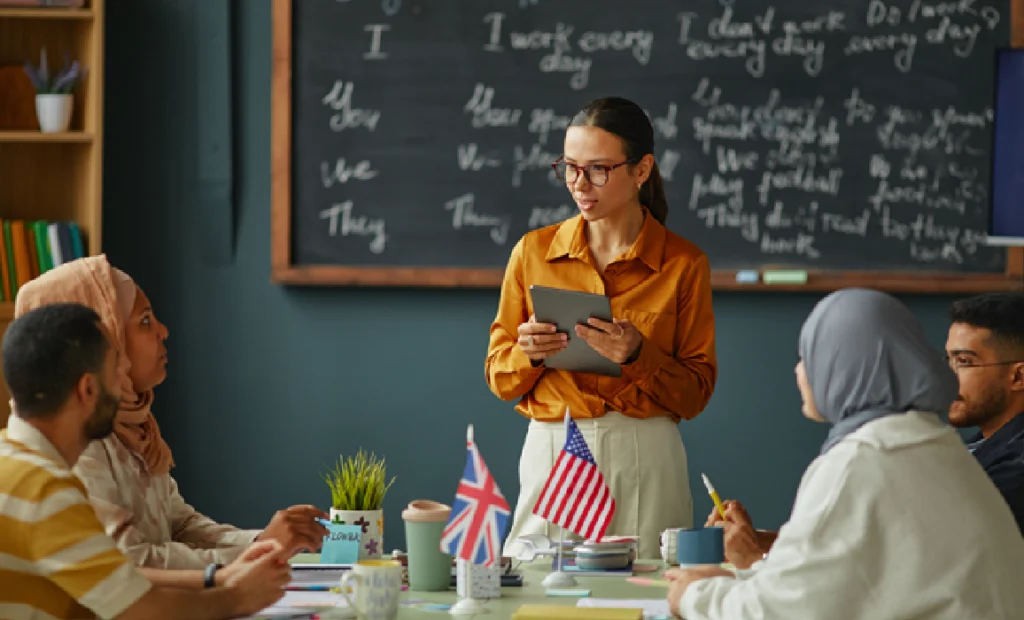If you’re like most people, you probably think of learning as a one-size-fits-all process. You take a training or an online course for an hour, take a quiz, and then do it all over again the next time. But what if there was another way? What if you could learn in a way that was tailored specifically to you? That’s the promise of adaptive learning.
What is Adaptive Learning?
Adaptive learning is a type of personalized learning that adjusts its course as the learners progress. It pulls information from learners as they work through it, giving them only the material they need at any given time. This makes learning more efficient and effective since students aren’t wasting time on material they’ve already mastered. It also helps learners stay engaged since they’re constantly challenged and rewarded with new information.
Adaptive learning is especially helpful for corporate training as it helps to personalize the learning journey of the learner as per their requirements and existing knowledge. Learners can be tested on their existing knowledge and then advised on a learning path that would take them forward towards new information.
Benefits To Adaptive Learning
A learning experience can be:
- Customized in many ways to make it learner-centric, adapting to learning styles, requirements, convenience, and availability.
- More efficient as the learner is already aware of basic knowledge, this awareness is used as a scaffold to build learning experiences with more complex information.
- More focused based on the learner’s performance and confidence level, which in turn reduces the learning time as the approach becomes more centered around providing only the required sections and not the whole learning modules.
How can it be applied: A Case Study
Business Requirements
A nonprofit healthcare organization in the United States had a 40-hours-long ILT program which they wanted to condense into shorter training modules that would cater to learners as per their knowledge level. It was found that learners were having to complete modules that they were already aware of, along with new topics. This increased their dissatisfaction with having to go through long training programs which had them repeating lessons/topics which they already knew.
Based on this finding, the organization wanted to ensure that all the learners take only the mandatory training programs and the topics which were new to them. However, they are not able to find a way of offering customized learning plans
Solution
Impelsys proposed a modular-based Adaptive approach that would provide a flexible learning framework based on specific learning outcomes. This allowed us to break the content into “bite-sized” chunks using various formats as per the learner’s skills, knowledge, learning styles, and needs, and adapt the course to scaffold the learner’s existing knowledge and skills.
This solution was based on a pre-assessment that tested the learner’s existing knowledge of the topics and accordingly adapted the learning journey of the learner. Therefore, each learner has their own personalized learning journey, depending on their performance in the pre-assessment. Depending on their performance in the pre-assessment, the learner could have a shorter version of the original training, covering only the mandatory topics and the topics which required more detailed attention.
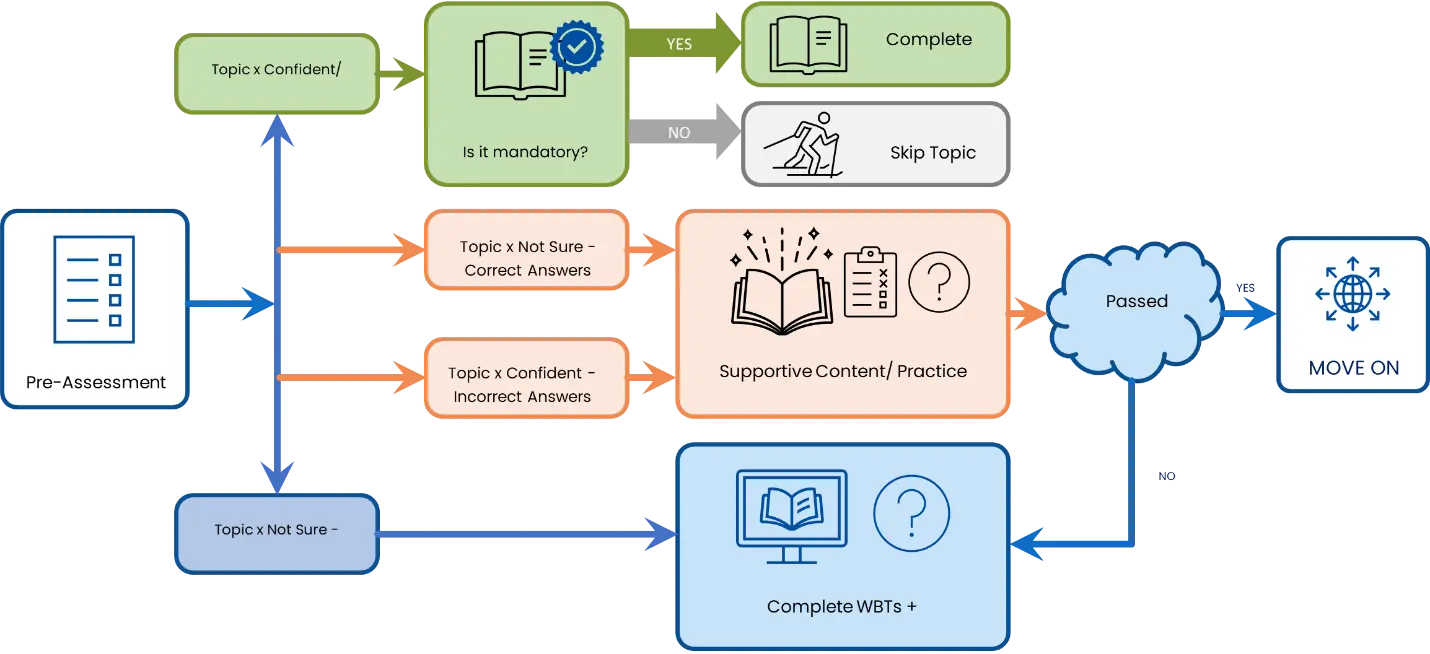
Conclusion
Ultimately, Adaptive Learning is about helping each learner reach their full potential. It provides them with the individualized attention they need to succeed in their work. So, if you’re looking for a more effective and engaging way to learn, consider giving adaptive learning a try!
Authored by – Chaitali Pal Chowdhury

